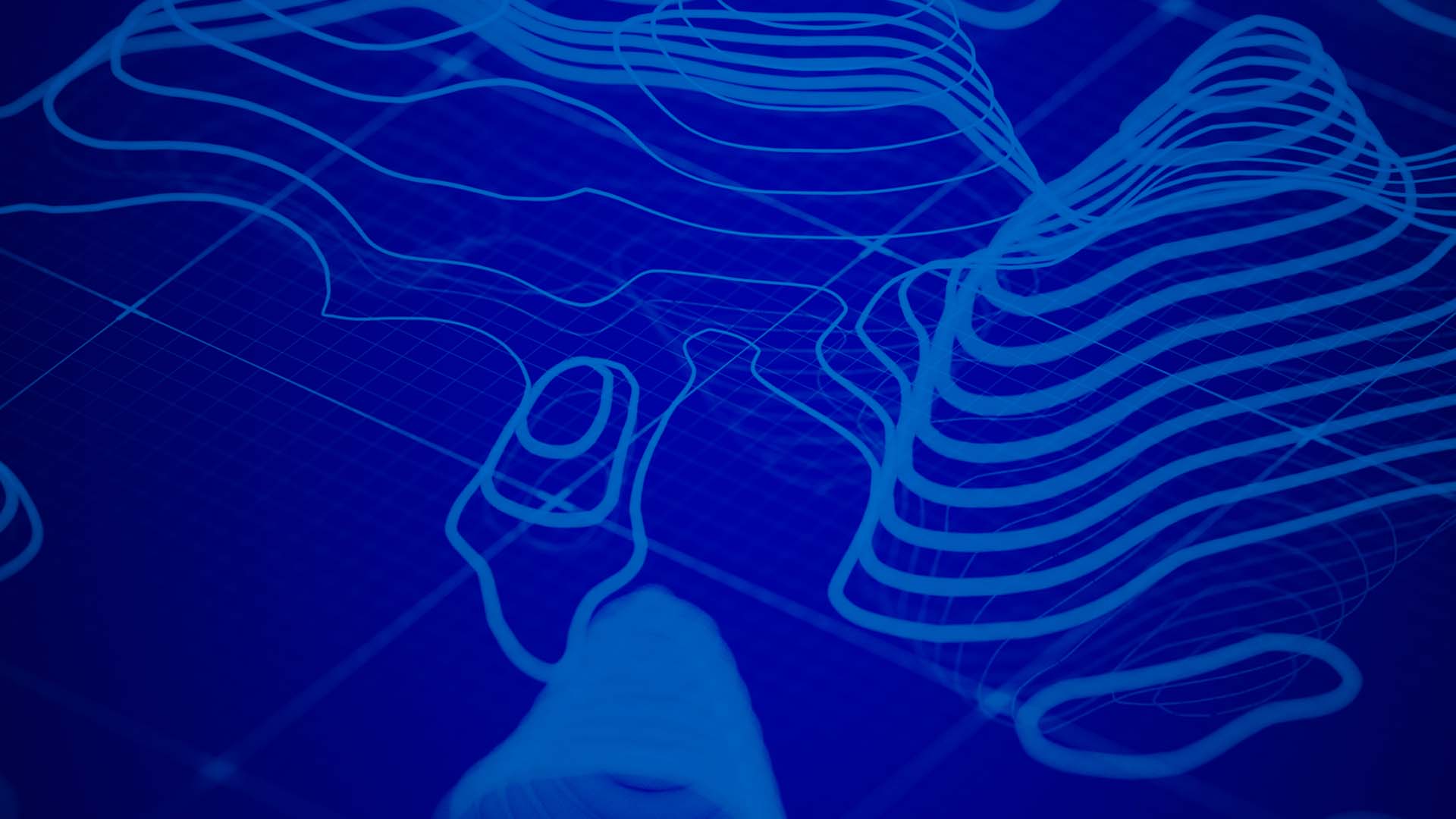Wildland-Urban Interface Explorer Apps Leverage ArcGIS Living Atlas Data to Protect Communities and Ecosystems
REDLANDS, Calif.—July 30, 2024—With wildfires increasing in frequency and severity, a better understanding of what are known as wildland-urban interface (WUI) areas is critical for protecting these ecosystems and their communities. To better inform local fire services and the public about wildfire exposure and fire prone areas, the United States Fire Administration (USFA), a component of Federal Emergency Management Agency (FEMA), has developed two new WUI fire awareness tools. These tools, the WUI Fire Property Awareness Explorer and the WUI Fire Community Awareness Explorer, both leverage data from Esri, the global leader in location intelligence.
Esri’s ArcGIS Living Atlas of the World datasets provide the WUI Explorers with spatial insight about where human activity and wildland vegetation intermix. By raising awareness about WUI locations and potential fire susceptibility, these tools support community risk reduction, code adoption and enforcement, mitigation, and planning efforts. Users can identify these particularly vulnerable areas and take proactive measures to reduce their impact.
“One-third of the U.S. population currently lives within the expanding WUI environment, and many do not know the threat they face if there is a fire ignition nearby,” said Dr. Lori Moore-Merrell, U.S. Fire Administrator at FEMA. “The USFA awareness tools created using Esri’s data and mapping technology will help communities and fire service organizations to understand these unique geographic vulnerabilities so they can better prepare and respond.”
The new WUI Fire Awareness tools empower firefighters, emergency managers, and land developers with the information they need to make informed decisions about wildfire mitigation, response, and recovery. Available on a publicly accessible online hub site with maps and analysis users can apply to their own address, the tools provide a comprehensive view of the factors that contribute to WUI exposure and fire prone areas.
The WUI tools use data from FEMA’s USA Structures Data and Sentinel-2 Land Cover Data in ArcGIS Living Atlas of the World, giving users access to accurate, up-to date geospatial information. Produced using Esri’s Big Data Toolkit, the dataset provides detailed mapping of areas where human activities and wildland vegetation intersect, creating a higher potential for wildfires.
To learn more about how Esri helps agencies like FEMA better inform and prepare communities facing wildfires and other environmental threats, please visit esri.com/en-us/industries/wildland-fire/overview.
About Esri
Esri, the global market leader in geographic information system (GIS) software, location intelligence, and mapping, helps customers unlock the full potential of data to improve operational and business results. Founded in 1969 in Redlands, California, USA, Esri software is deployed in hundreds of thousands of organizations globally, including Fortune 500 companies, government agencies, nonprofit institutions, and universities. Esri has regional offices, international distributors, and partners providing local support in over 100 countries on six continents. With its pioneering commitment to geospatial technology and analytics, Esri engineers the most innovative solutions that leverage a geographic approach to solving some of the world’s most complex problems by placing them in the crucial context of location. Visit us at esri.com.
Copyright © 2024 Esri. All rights reserved. Esri, the Esri Globe and Frame logos, The Science of Where, esri.com, and @esri.com are trademarks, service marks, or registered marks of Esri in the United States, the European Community, or certain other jurisdictions. Other companies and products or services mentioned herein may be trademarks, service marks, or registered marks of their respective mark owners.
